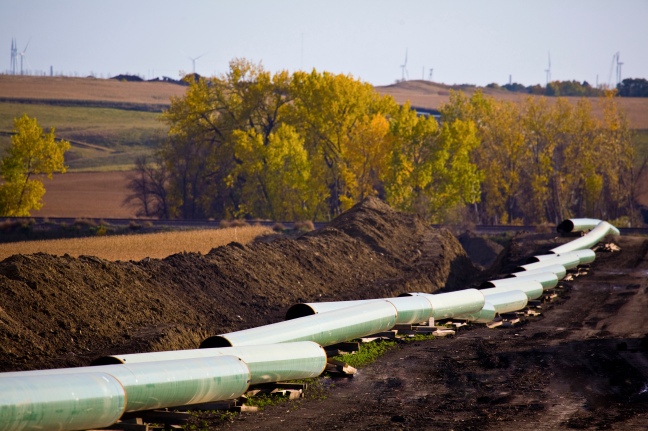It’s a well-known fact that many Americans are sceptical of the science behind Climate Change. Journalist Jason Richwine argues that it is logical to be sceptical of the science behind climate change. In an article for the National Review, Richwine writes “Americans are wise to be skeptical of claims that ‘Science’ backs this or that fashionable cause.”
 Richwine is writing about politicized issues and the fact that politicized issues tend to have skewed data that supports one side or another. One of the politicized issues he cites is the issue of climate change. He says, “if elites in government and academia want Americans to be less skeptical about the science, it would help for them to stop inserting politics under its banner.”
Richwine is writing about politicized issues and the fact that politicized issues tend to have skewed data that supports one side or another. One of the politicized issues he cites is the issue of climate change. He says, “if elites in government and academia want Americans to be less skeptical about the science, it would help for them to stop inserting politics under its banner.”
While he is right to say climate change is a politicized issue, that does not mean Americans should be skeptical of the science behind it. There are many studies done on an international level by institutions who have nothing to do with US politics that prove climate change is real. The most recent study done by the Intergovernmental Panel on Climate Change has shown that “warming of the climate system is unequivocal.” This comes from a group that has no interest in US politics, so there is no need to believe that the findings of the study were put out to support the position of the Republicans or the Democrats on global warming. Just because an issue is politicized doesn’t mean that it is impossible to find unbiased information on the issue.

Climate Change is real, and Americans should believe “the science” behind it regardless of whether or not the issue is politicized here in the US.
Images retrieved from:

 as correct to veto the pipeline.
as correct to veto the pipeline.